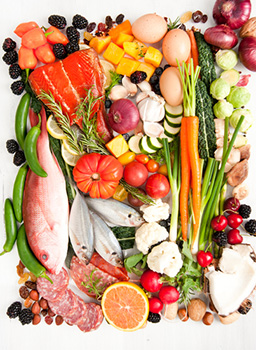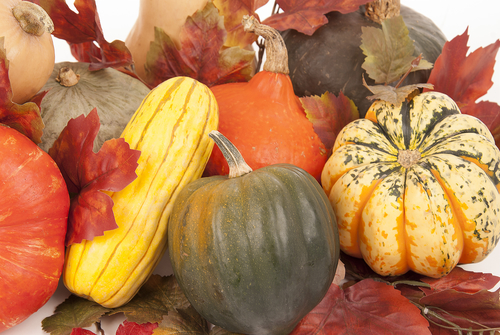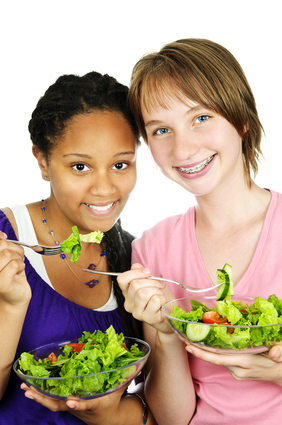
Integrative Nutrition for Optimal Bone Health
 Nutrition and osteoporosis are closely linked. Lack of key bone building nutrients at all ages will impact the health your bones. There is a sea of information out there about modifying your diet to prevent bone loss and fight osteoporosis, so much so it can be confusing. Everyone knows that vegetable and fruit are important to incorporate into any diet, but what about dairy for calcium and meats and poultry for protein?
Nutrition and osteoporosis are closely linked. Lack of key bone building nutrients at all ages will impact the health your bones. There is a sea of information out there about modifying your diet to prevent bone loss and fight osteoporosis, so much so it can be confusing. Everyone knows that vegetable and fruit are important to incorporate into any diet, but what about dairy for calcium and meats and poultry for protein?
Eating for good skeletal health is important. But it doesn’t have to be complicated.
Weighing Nutritional Factors
Many of us have been told by our doctors that we need 3 servings of dairy a day to keep our bones healthy. It has long been suggested that eating foods high in calcium and taking calcium and vitamin D supplements is the key to strong bones. However, there have been recent concerns that excessive calcium intake, through both diet and supplementation, can increase the risk of cardiovascular disease.
Some nutritionists suggest that eating an alkaline diet is essential to maintaining bone health. It is thought that eating a diet high in acidic foods, such as meat, dairy, grains and sweets, creates an acidic condition in the body. The system reacts by leeching alkaline minerals such as calcium and magnesium from the bones to help neutralize the acid. Keeping a diet that maintains an alkaline environment is necessary for maintaining strong bones.
Others advocate for eating a vegetarian diet and avoiding animal proteins altogether, thereto suggesting that animal proteins cause an acid environment, pulling of calcium from the bones.
However, your bones and your body need a variety of nutrients to keep you strong and healthy. The truth is, limiting particular food groups many not be the best thing for you. For example, if you exercise intensely, you may need more protein, essential for building stronger muscles and bones.
Stress is another concern. If you are experiencing stress, eating the right nutrients to support your body, along with sleep and self-care practices, will be important for preserving your bone health.
The Best Diet for You and Your Bones
This is where Nurtured Bones can help. I can help you find a diet filled with bone-boosting nutrients, as well as a diet that fits your lifestyle and makes eating a joy, not a chore.
My nutritional approach draws upon the best research from both holistic and traditional sources to build better bone health. It integrates different nutritional theories with an individual’s dietary needs. These are influenced not only by the foods you eat but also outside factors that can affect nutrient demands. Examples include career, relationships, and physical activities.
Call for a free 15 minute consult today to see if the Nurtured Bones approach to a strong and healthy skeleton is right for you.
Keep surfing my website for more information about best approaches to building bone health. To schedule an appointment with me, reach out to me at (703) 738-4230 or email me at susan@nurturedbones.com.





